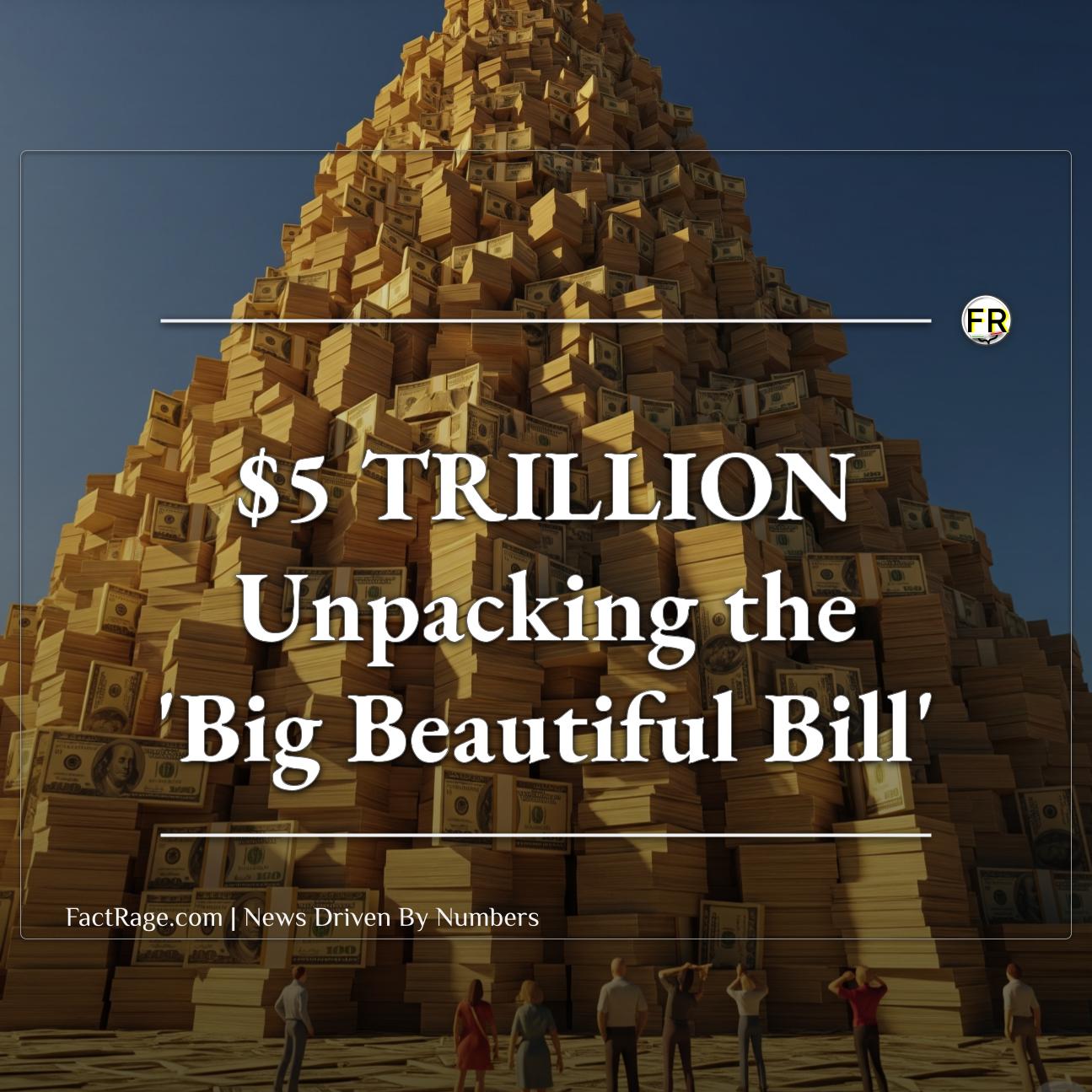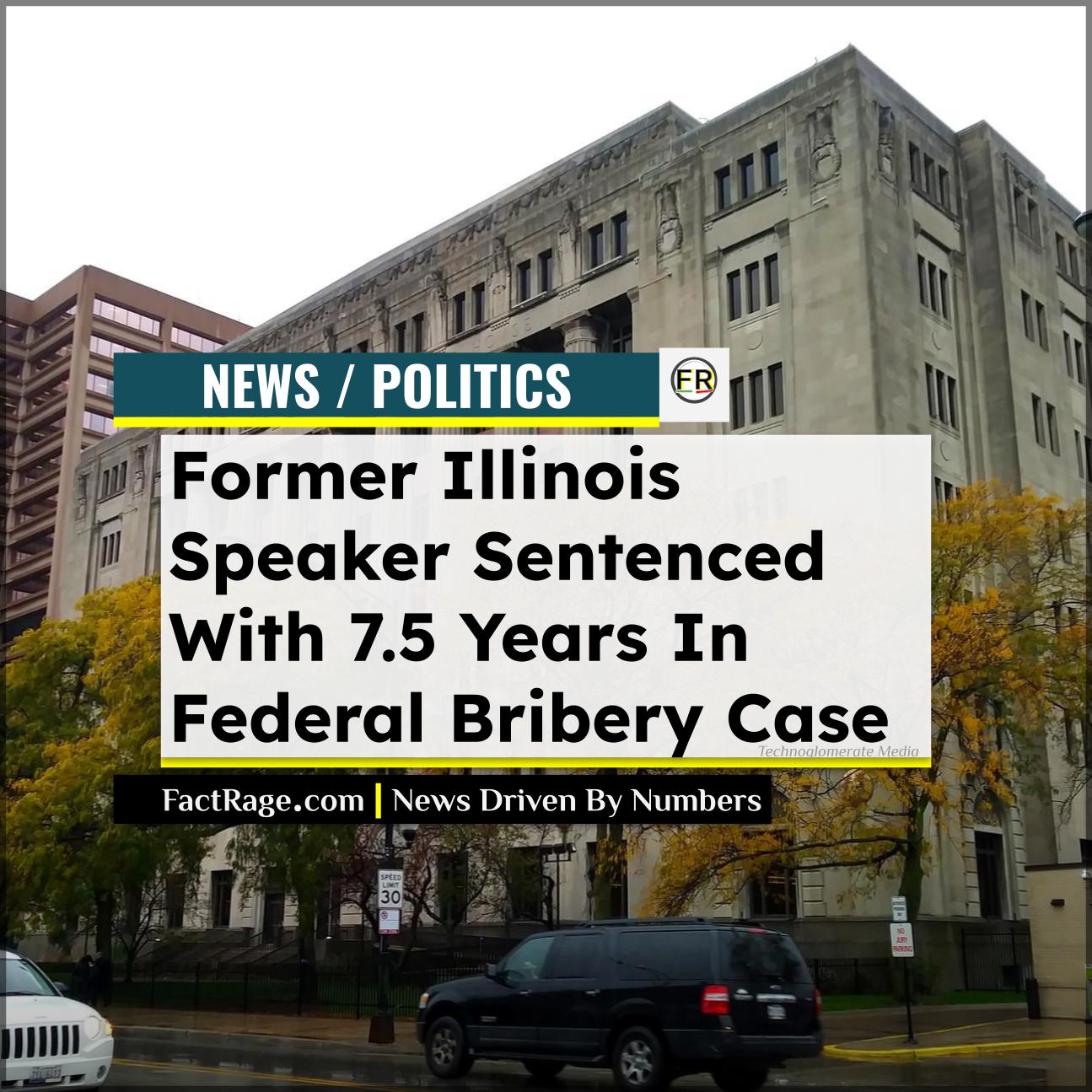NATIONWIDE – President Donald Trump’s proposed “One Big Beautiful Bill,” a comprehensive budget package exceeding $5 trillion, is navigating a contentious path through Congress, prompting widespread debate about its potential impact on the national debt, economic stability, and the daily lives of Americans.
Key Facts:
- Massive Scale: The proposed budget package, dubbed the “One Big Beautiful Bill,” is estimated to add over $5 trillion to the national debt over the next decade, with tax cuts being a significant driver of this increase.
- Controversial Components: Key provisions include an extension of 2017 tax cuts, increased funding for border security, and reductions in social safety net programs like Medicaid and the Supplemental Nutrition Assistance Program (SNAP).
- Criticism from Key Figures: Federal Reserve Chair Jerome Powell has reiterated concerns about rising national debt, emphasizing the need for bipartisan solutions to larger spending categories, while Elon Musk has openly criticized the bill as a “disgusting abomination” that will lead to “crushingly unsustainable debt.”
The sheer magnitude of this $5 trillion proposal has many Americans questioning what such an astronomical sum means for the nation’s financial future and what tangible benefits or drawbacks it might bring.
What’s Inside the “Big Beautiful Bill”?
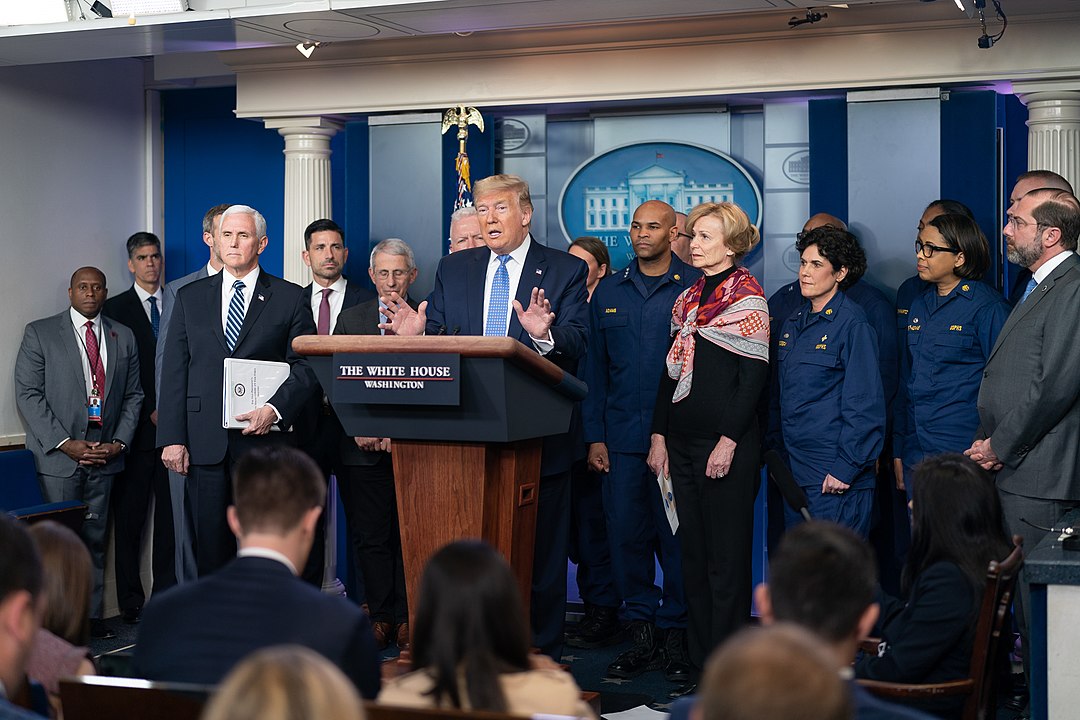
The “One Big Beautiful Bill” aims to address several of the Trump administration’s key priorities. A central feature is the extension of tax cuts originally enacted in 2017, which the Congressional Budget Office (CBO) estimates could add trillions to the deficit. The bill also seeks to funnel substantial funds towards initiatives like border security, including significant allocations for the construction of barriers at the U.S. border with Mexico.
However, the package also includes provisions that would limit access to social safety-net programs. For instance, the CBO projects that the bill could lead to hundreds of billions in reductions for Medicaid and SNAP over a decade. These changes have drawn criticism from various groups who argue they would disproportionately affect lower-income households.
The Debt Ceiling and the National Debt
One of the most significant aspects of the bill is its proposed increase to the national debt ceiling, reportedly by $5 trillion. While the administration argues that the bill is a “BIG GROWTH BILL” that will stimulate economic activity and offset some of the costs through increased tax revenue, critics, including some within the Republican party, have voiced strong concerns. As of Tuesday, the national debt stood at $36.2 trillion. How does raising the debt ceiling by trillions affect the national debt, and what are the long-term implications for the nation’s fiscal health?
Powell’s Perspective on Federal Spending
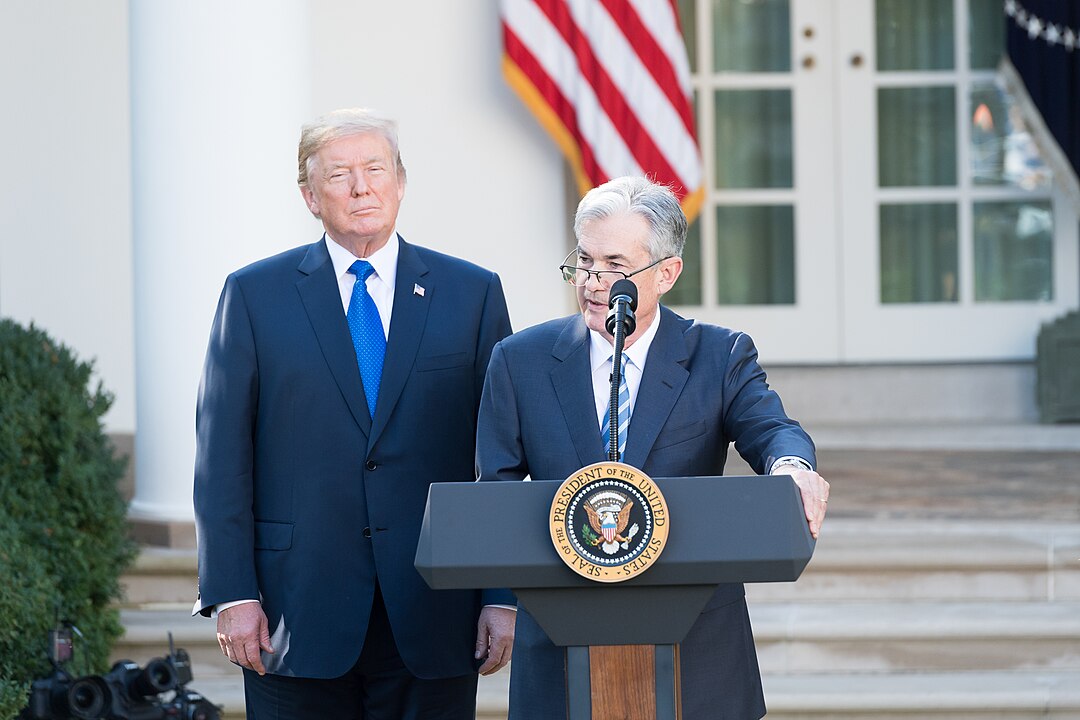
Federal Reserve Chair Jerome Powell recently weighed in on the nation’s fiscal situation, reiterating the long-held view that the growth in U.S. federal debt needs to be addressed. Speaking yesterday, Powell emphasized that focusing solely on cutting discretionary domestic spending, which is a common talking point in political discussions, will not solve the underlying problem.
Powell stated that the largest portions of government outlays are in non-discretionary spending on programs like Medicaid, Medicare, and Social Security, as well as interest payments on the national debt. He stressed that making real headway on reducing government debt and deficits requires bipartisan solutions to these larger components of federal spending. How does the current budget proposal align with these concerns about long-term fiscal sustainability?
Elon Musk’s Stinging Critique
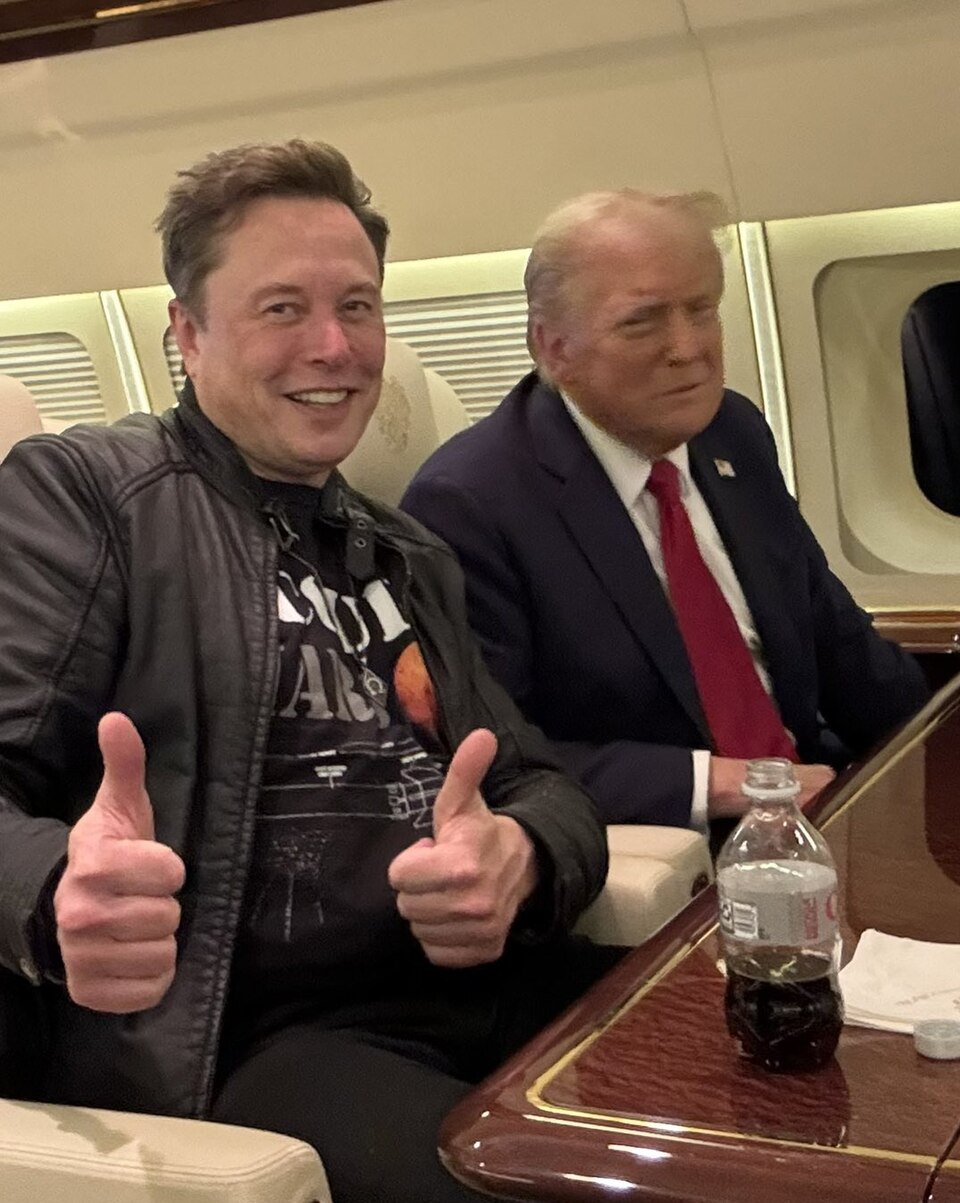
Entrepreneur Elon Musk, who recently concluded his role as a special government employee leading the Department of Government Efficiency (DOGE), has publicly slammed the “One Big Beautiful Bill.” In a series of social media posts, Musk called the legislation a “disgusting abomination” and a “massive, outrageous, pork-filled Congressional spending bill.”
Musk asserted that the bill would “massively increase the already gigantic budget deficit to $2.5 trillion (!!!) and burden America citizens with crushingly unsustainable debt.” He further stated that “Congress is making America bankrupt,” urging voters to “fire all politicians who betrayed the American people” in the upcoming midterm elections. These comments highlight a divergence in opinion, even among former allies of the administration, regarding the fiscal prudence of the proposed budget.
Economic Outlook and Public Impact
The debate surrounding the “One Big Beautiful Bill” underscores fundamental questions about the nation’s economic trajectory. Proponents argue that the tax cuts will incentivize investment and create jobs, leading to overall economic growth. However, economists from various perspectives have warned that the combination of tax cuts and cuts to safety-net programs could exacerbate inequality and further inflate the national debt, potentially leading to higher inflation and interest rates. What balance does this budget strike between stimulating economic growth and ensuring fiscal responsibility? The answer remains a central point of contention as the bill moves through the legislative process.

